The pros and cons of Right to Buy
The Thatcher-era policy might not work as well now, say housing experts
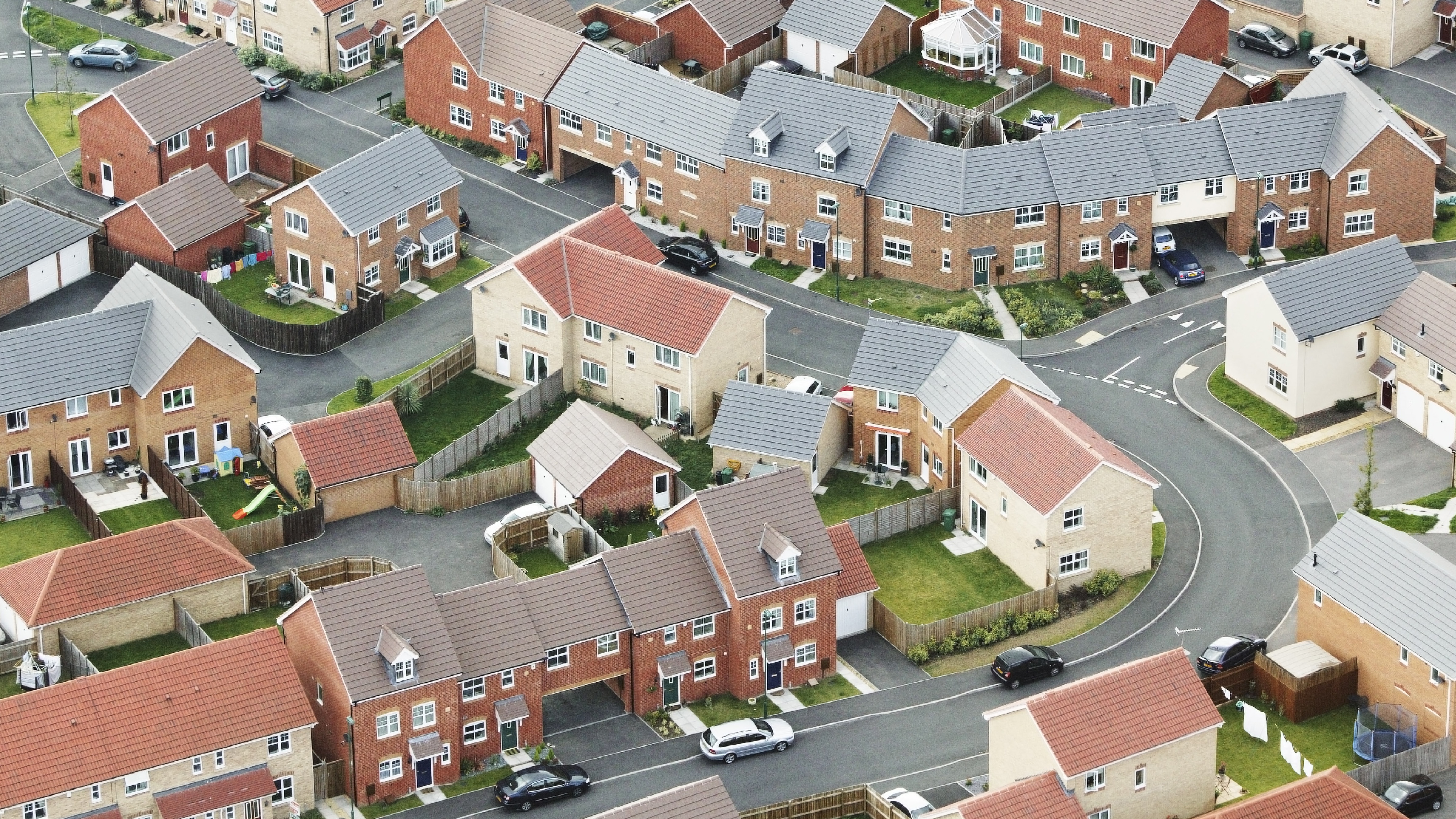
A free daily email with the biggest news stories of the day – and the best features from TheWeek.com
You are now subscribed
Your newsletter sign-up was successful
Boris Johnson is planning to revive the Thatcher-era Right to Buy scheme that will give people the chance to buy the properties they rent from housing associations at a discounted price.
The idea is designed to help “generation rent” get on the property ladder, as well as “prove the government is still committed to its Conservative principles” as Johnson faces an increasingly unhappy parliamentary party following Monday’s confidence vote, reported The Guardian.
The prime minister is expected to give more details about the policy in a speech in Lancashire today.
The Week
Escape your echo chamber. Get the facts behind the news, plus analysis from multiple perspectives.

Sign up for The Week's Free Newsletters
From our morning news briefing to a weekly Good News Newsletter, get the best of The Week delivered directly to your inbox.
From our morning news briefing to a weekly Good News Newsletter, get the best of The Week delivered directly to your inbox.
Introduced in 1980, the first iteration of the Right to Buy scheme was one of the flagship policies of Margaret Thatcher’s government. It allowed council house tenants to buy the homes they lived in and forced local authorities to sell their properties on request at a discount.
Under the policy as it stands today, council tenants can get up to 70% off the market price, depending on how long they have lived there – but the scheme is much more restrictive when it comes to housing associations.
Right to Buy has proved to be a controversial policy in the intervening years, leading some to wonder if it should be revived.
1. Pro: more on the housing ladder
Between 1980 and 2021, 1.8 million households in England purchased a home from their local authority using the Right to Buy scheme. The Telegraph said it “achieved its goal of getting more people on the housing ladder in its former years” but its “popularity has waned since”.
A free daily email with the biggest news stories of the day – and the best features from TheWeek.com
The BBC estimated that 2.4 million people rent from housing associations, so would now be eligible for the scheme. It added that Johnson will also “suggest allowing housing benefit to count towards a mortgage”.
However, some experts have warned that it ignores the needs of private tenants.
2. Con: fewer affordable homes
Housing experts have warned the policy could significantly reduce the number of affordable homes available to renters amid a cost-of-living crisis, and have instead called for an increase in house building.
Polly Neate, chief executive of Shelter, told The Guardian: “There could not be a worse time to sell off what remains of our last truly affordable social homes.” She added that “more people are on the brink of homelessness than homeownership”.
Other experts have warned that the Thatcherite policy “left a trail of destruction in its wake” after the government failed to ensure houses that were being sold to tenants were replaced, leaving little housing stock left for those who relied on social housing, said The Telegraph. Since the launch of Right to Buy, “just 358,350 new local authority properties were built – a replacement rate of less than 20%”. The government is expected to mitigate this when it launches the scheme.
3. Pro: historically popular policy
For Thatcher, the policy was a “resounding success”, transforming her political fortunes and becoming one of the most popular policies of the era, according to the Daily Mail. It said that in the first year alone, the government received up to 1,000 applications to buy each day. In the first two years of the scheme, more than 107,000 properties were sold to council tenants.
Michael Heseltine, who as environment secretary was in charge of turning the policy into law, said at the time that “no single piece of legislation has enabled the transfer of so much capital wealth from the state to the people”.
Even now, the idea of home ownership is a popular one, with 62% of Britons without property saying they would like to own their own home in the future, according to a YouGov poll last year.
When Labour came to power in 1997, it reduced the discount available to tenants in local authorities, which put severe pressure on their housing stock, including almost the whole of London. But, as the Daily Mail noted: “Tony Blair’s government never actually attempted to abolish Right to Buy – perhaps wary of the huge backlash that could result.”
4. Con: lack of good rental stock
Critics have said that many of the “decent” housing association properties have already been sold off, leaving current housing association tenants with few tempting options if they were seeking to buy, said The Guardian.
Toby Lloyd, a housing consultant and former special adviser, told The Telegraph that the new policy could also prove “extraordinarily expensive” for the government.
“The Conservative party has been promising to extend Right to Buy to housing associations for years, but the reason it has not been successful is because it is much harder,” he said.
“The whole point of housing associations is they are independent charities and not part of the state, and so the Government cannot just help itself to their assets. It will be extraordinarily expensive to persuade them to sell houses off.”
5. Pro: prevents social exclusion
One argument for proponents of Right to Buy is that it helps create communities of different social classes, and in neighbourhoods where Right to Buy has been taken up it is argued that “the presence of economically active households reduces the social exclusion of an area”.
It is also argued that people with a financial stake in their neighbourhood and property have “more incentive to look after it and the neighbourhood around it”, said The Guardian.
6. Con: obstacles for tenants
Speaking to The Telegraph, Neal Hudson, of BuiltPlace analysts, said that the demographic of social renters coupled with a huge rise in house prices means that a revival of Right to Buy would not be as successful as when it was introduced in the 1980s.
The paper said that “Hudson warned many tenants living in housing association properties were unlikely to be able to afford current house prices” even if they were given big discounts, as under the current Right to Buy scheme.
He added that property ownership was not always “suitable” for those using social rented housing, which he said was a “vital safety net for those on lower incomes and the vulnerable who can’t work”. He said that social housing tenants could fall into financial difficulty if they chose to buy their property, as “property ownership does come with additional, and sometimes unexpected, costs such as mortgage repayments and repairs”.
Sorcha Bradley is a writer at The Week and a regular on “The Week Unwrapped” podcast. She worked at The Week magazine for a year and a half before taking up her current role with the digital team, where she mostly covers UK current affairs and politics. Before joining The Week, Sorcha worked at slow-news start-up Tortoise Media. She has also written for Sky News, The Sunday Times, the London Evening Standard and Grazia magazine, among other publications. She has a master’s in newspaper journalism from City, University of London, where she specialised in political journalism.
-
 Switzerland could vote to cap its population
Switzerland could vote to cap its populationUnder the Radar Swiss People’s Party proposes referendum on radical anti-immigration measure to limit residents to 10 million
-
 Political cartoons for February 15
Political cartoons for February 15Cartoons Sunday's political cartoons include political ventriloquism, Europe in the middle, and more
-
 The broken water companies failing England and Wales
The broken water companies failing England and WalesExplainer With rising bills, deteriorating river health and a lack of investment, regulators face an uphill battle to stabilise the industry
-
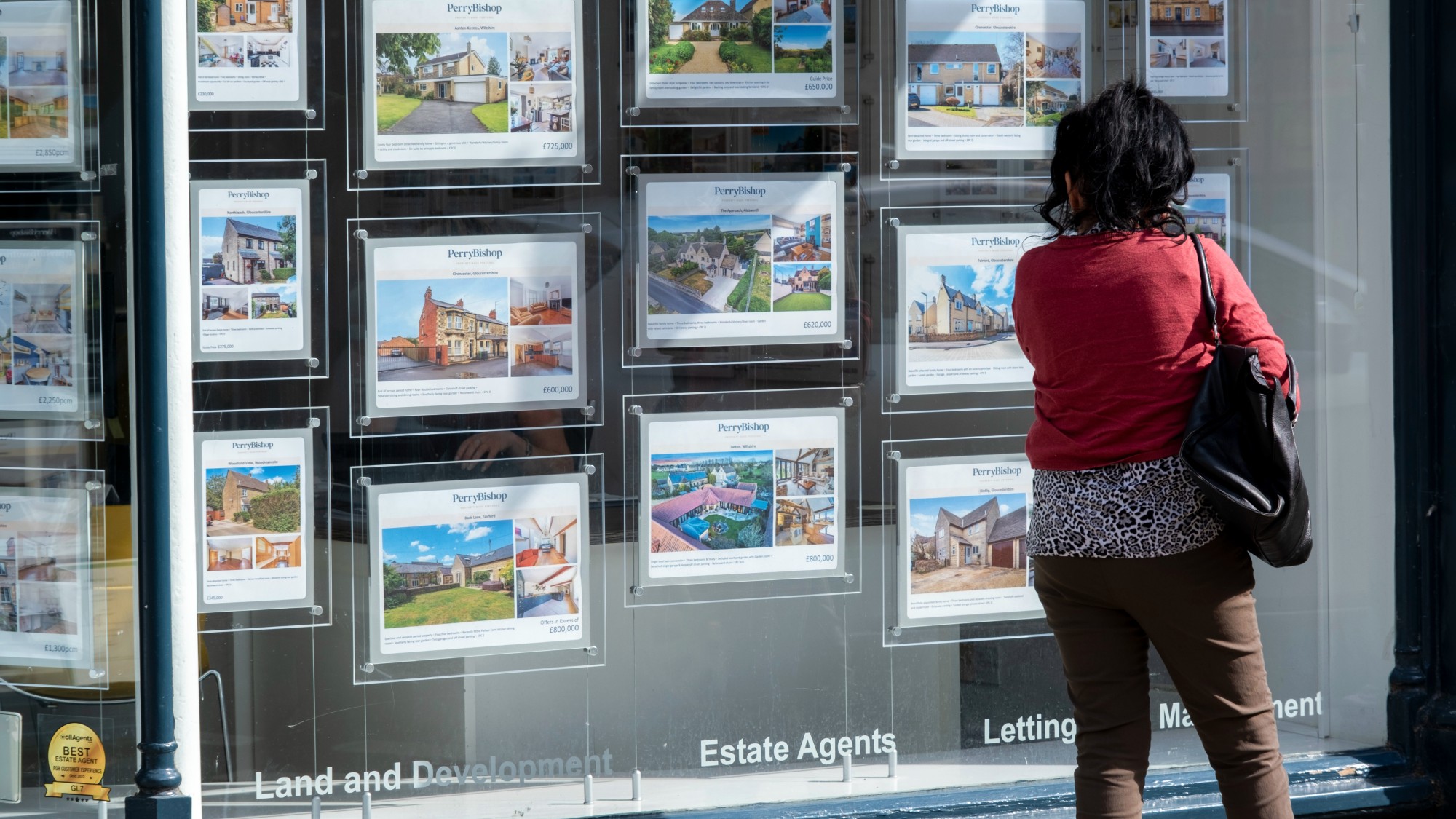 The end of leasehold flats
The end of leasehold flatsThe Explainer Government reforms will give homeowners greater control under a move to the commonhold system
-
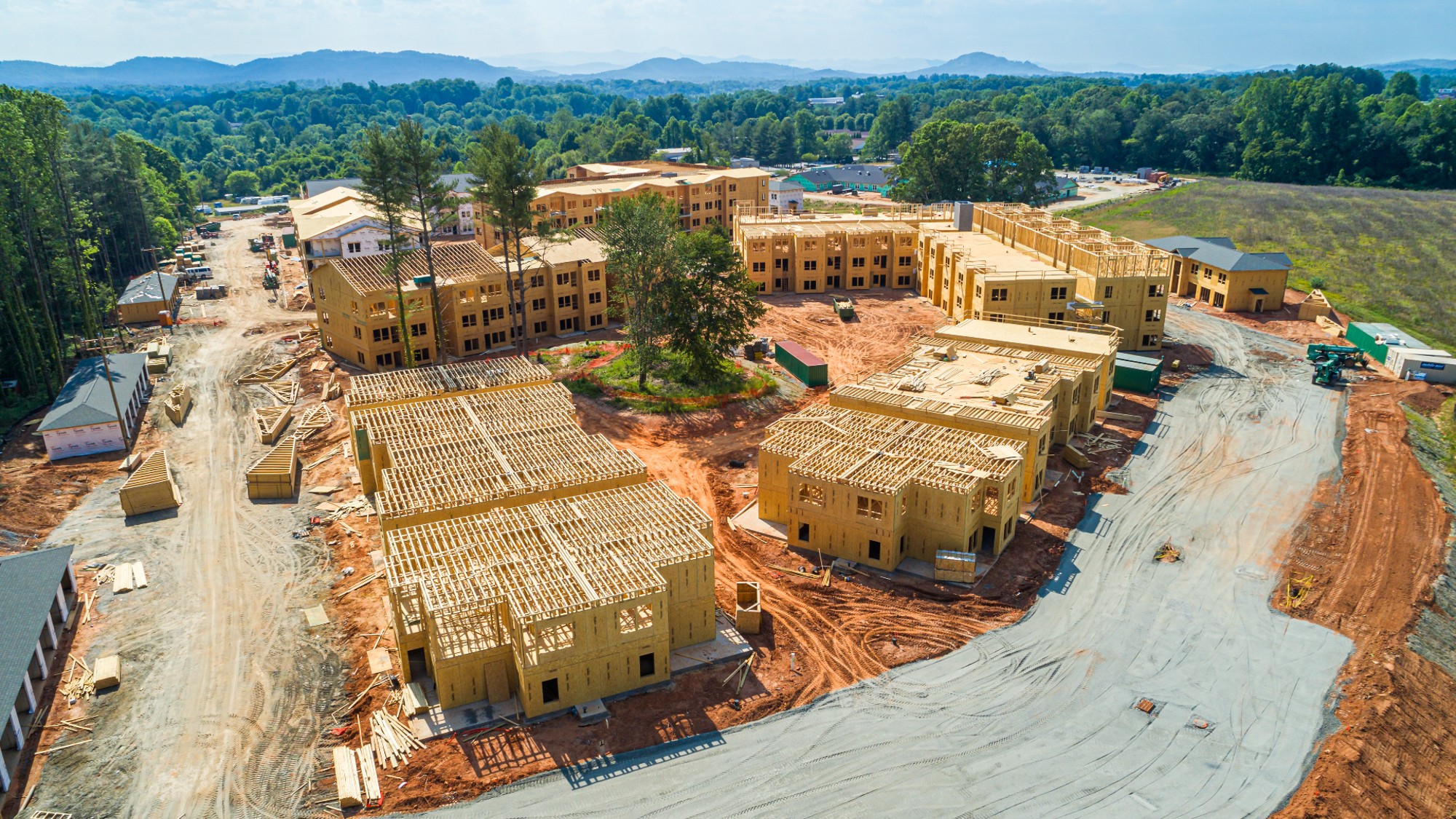 Why baby boomers and retirees are ditching Florida for Appalachia
Why baby boomers and retirees are ditching Florida for AppalachiaThe Explainer The shift is causing a population spike in many rural Appalachian communities
-
 Breathtaking: the Covid drama that may make you scream
Breathtaking: the Covid drama that may make you screamThe Week Recommends ITV three-parter is a 'tour de force' that exposes 'political complacency'
-
 The pros and cons of new-builds
The pros and cons of new-buildsPros and Cons More options for first-time buyers and lower bills are offset by ‘new-build premium’ and the chance of delays
-
 How the Grenfell tragedy changed the UK
How the Grenfell tragedy changed the UKfeature Six years on since the government vowed to ‘learn lessons’ has sufficient progress been made?
-
 Pros and cons of building on the green belt
Pros and cons of building on the green beltPros and Cons More housing and lower house prices must be weighed against urban sprawl and conservation concerns
-
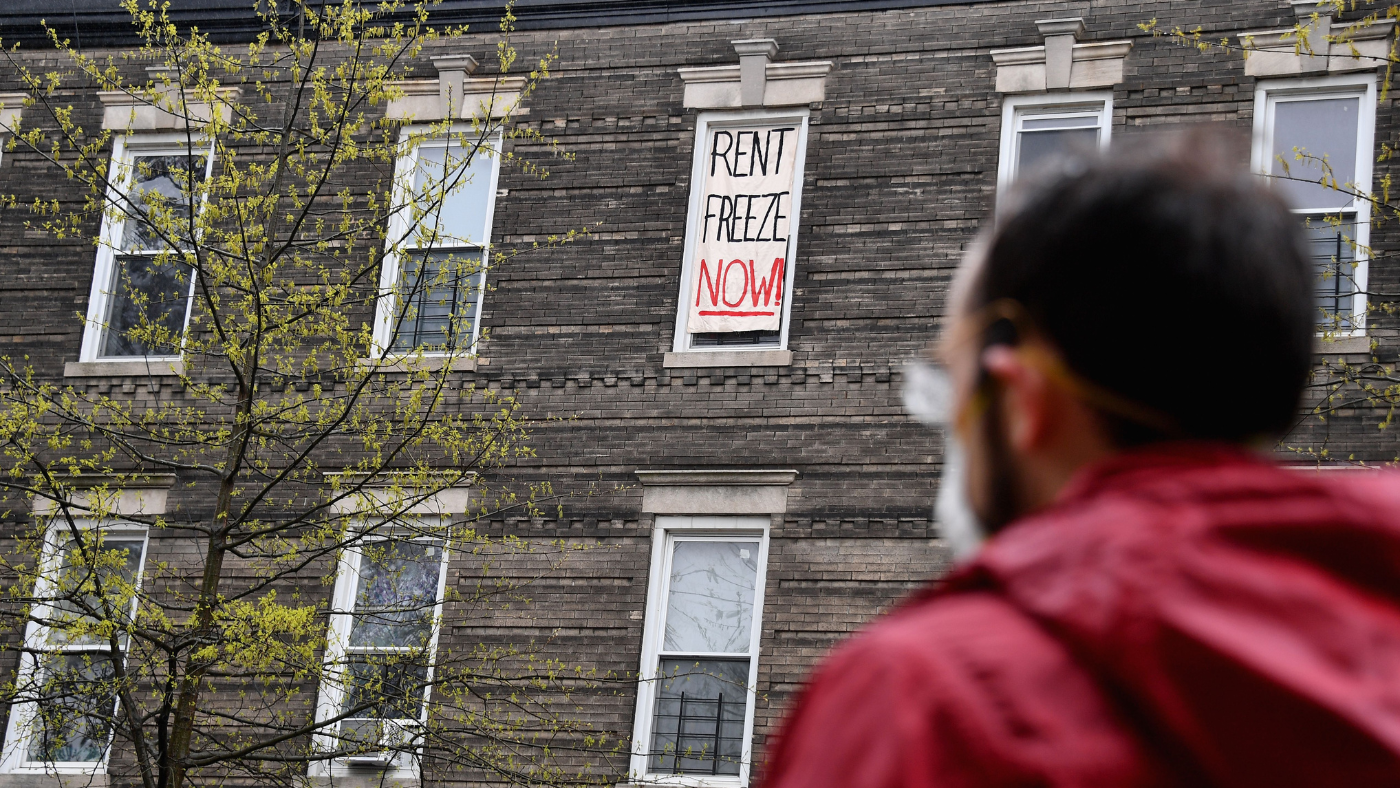 The pros and cons of rent freezes
The pros and cons of rent freezesPros and Cons Proponents say rent controls provide stability for tenants, but critics claim they won’t fix the housing crisis
-
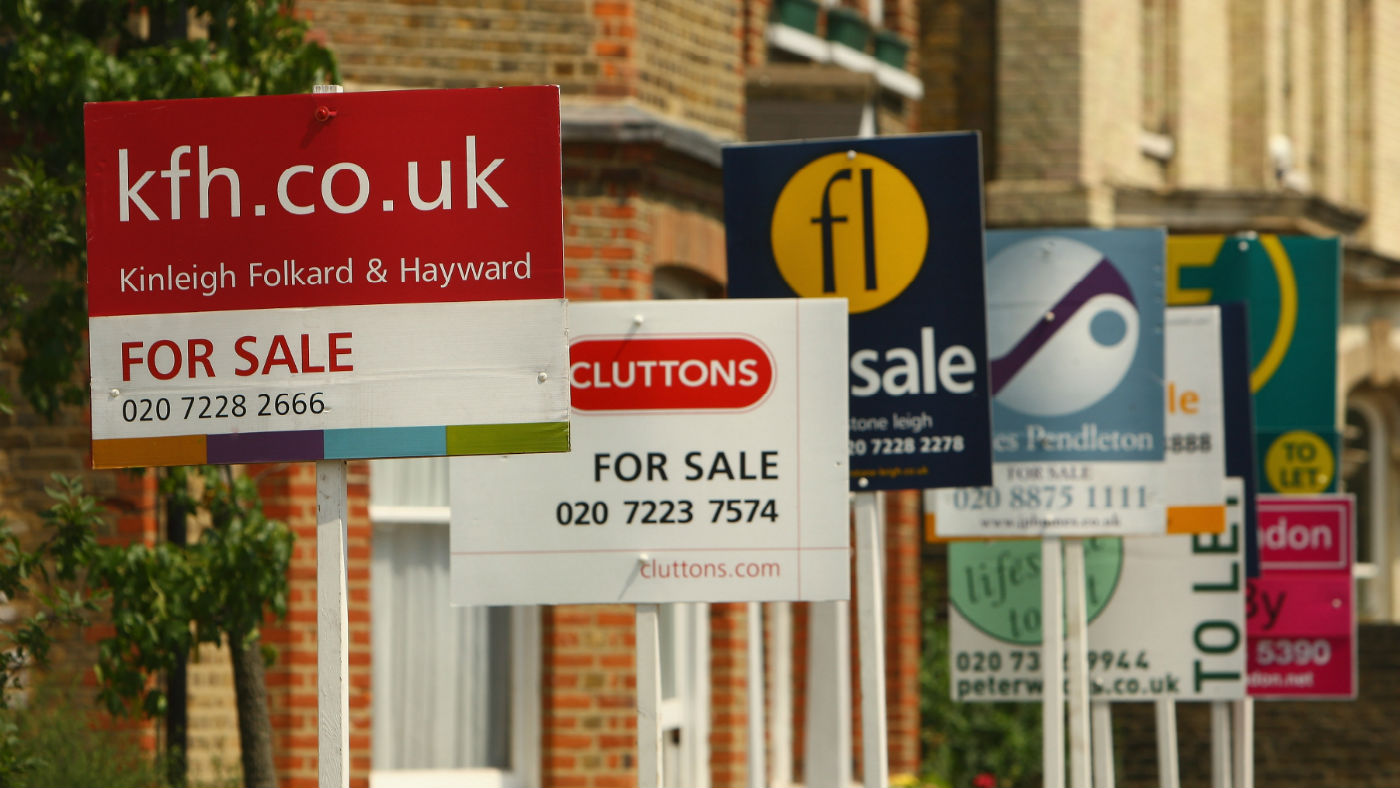 The cooling housing market: what happens next for UK property?
The cooling housing market: what happens next for UK property?In the Spotlight The end of the latest boom is in sight. What kind of landing can we expect?